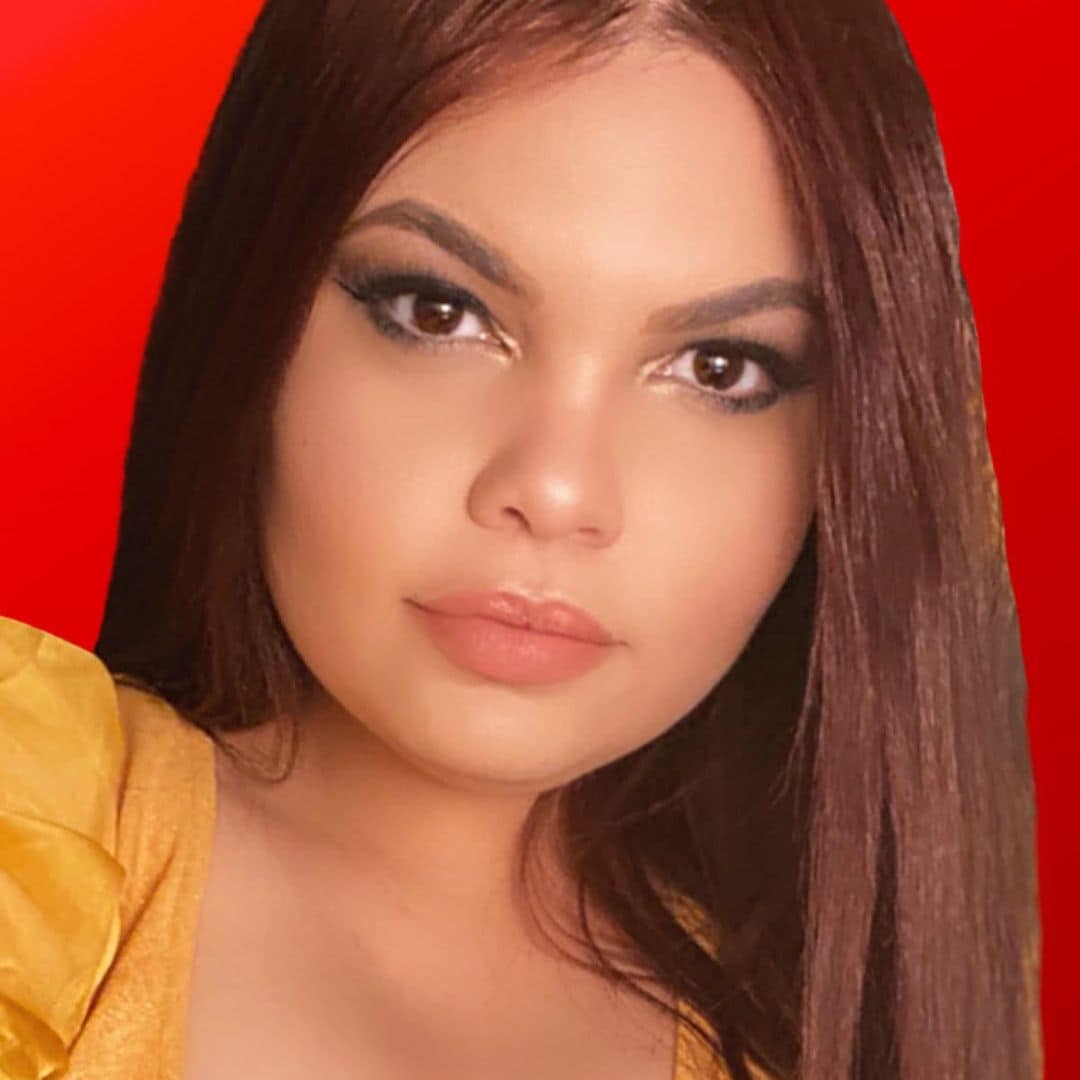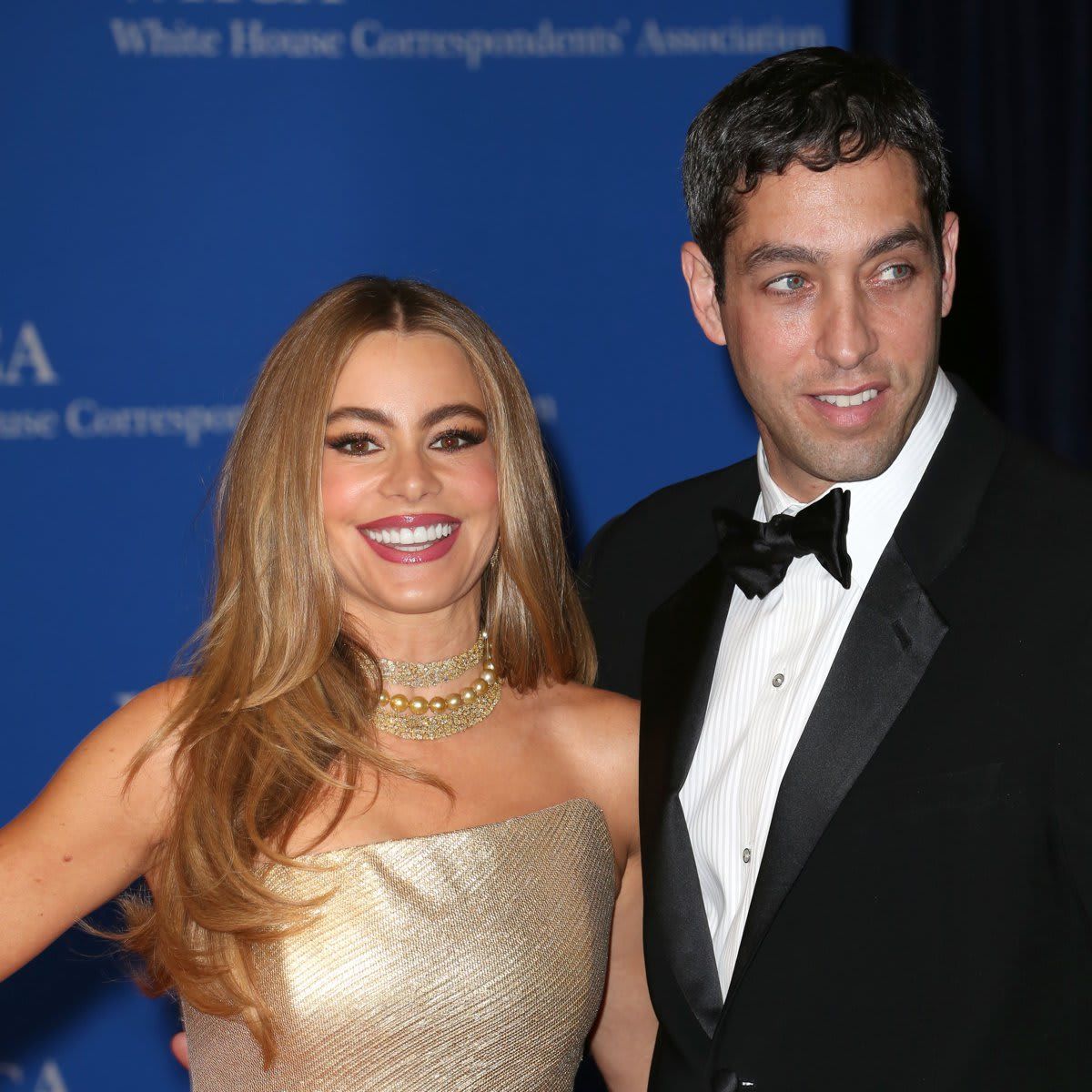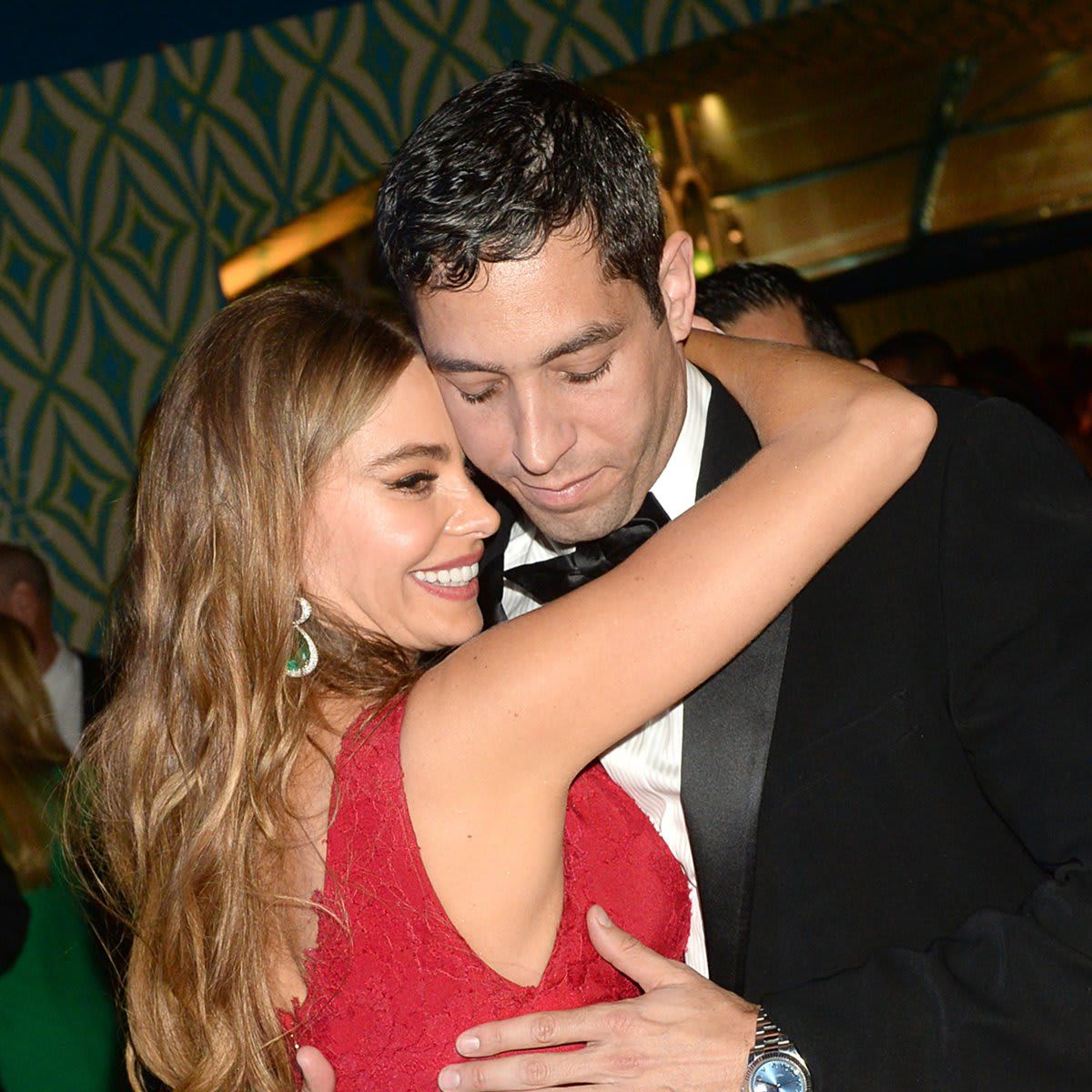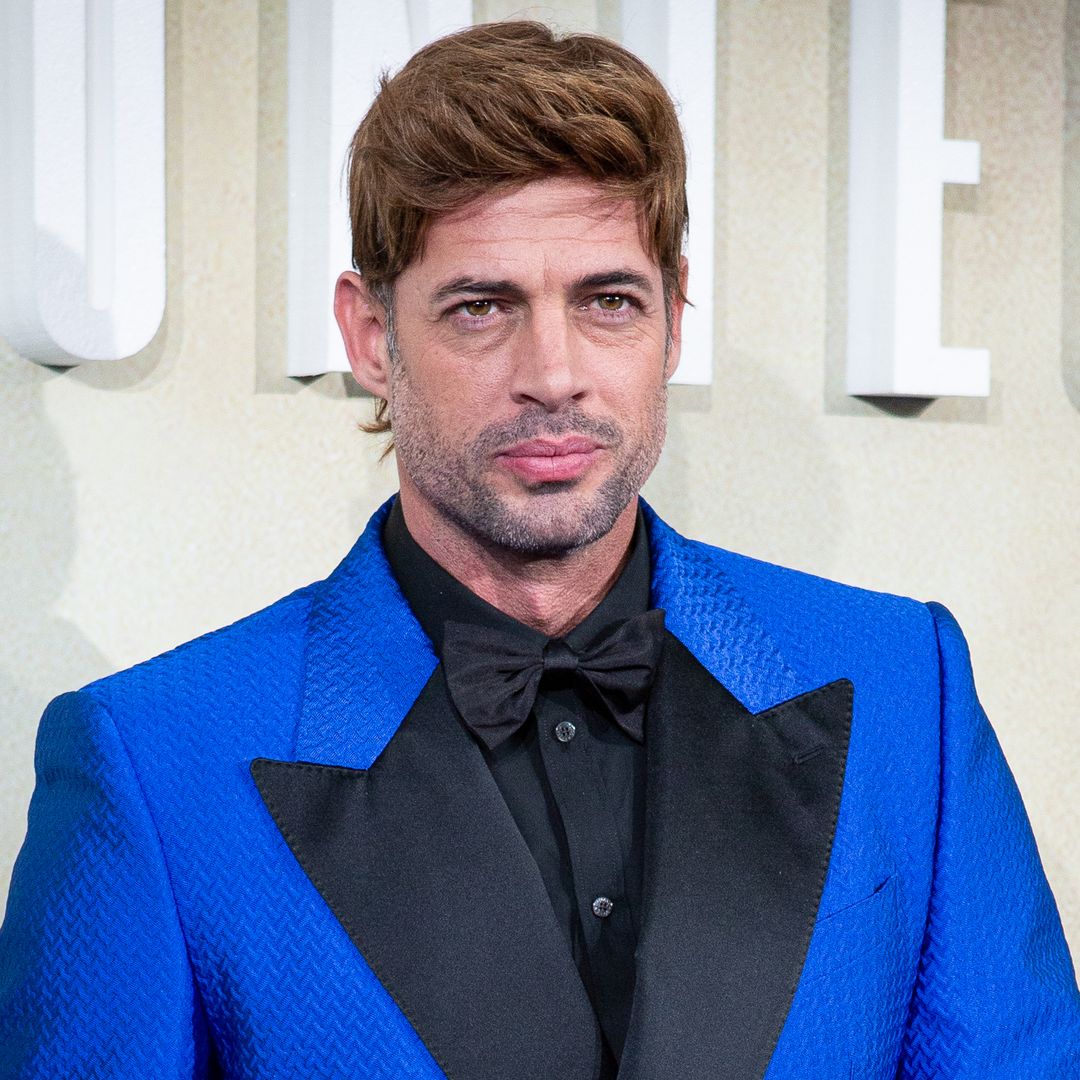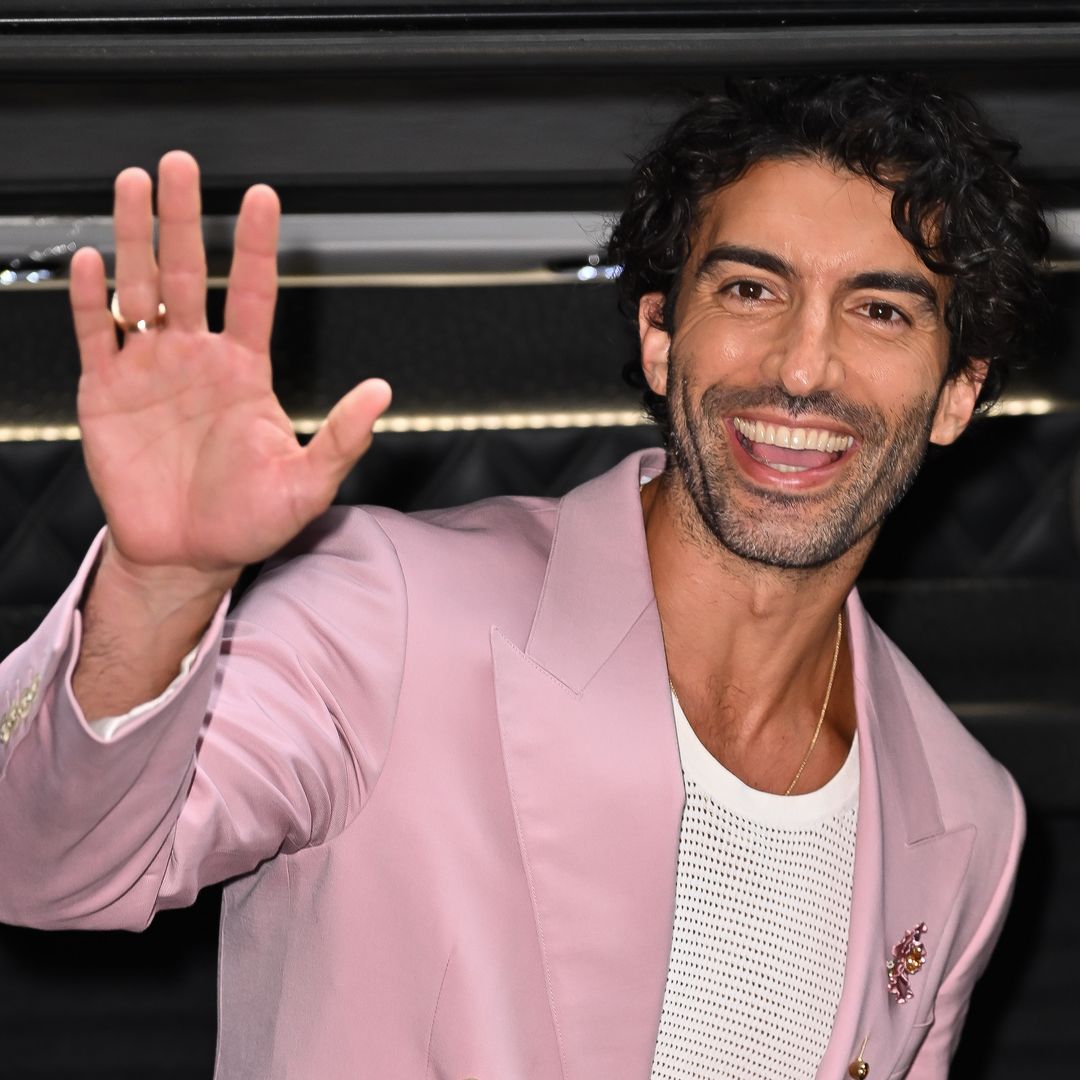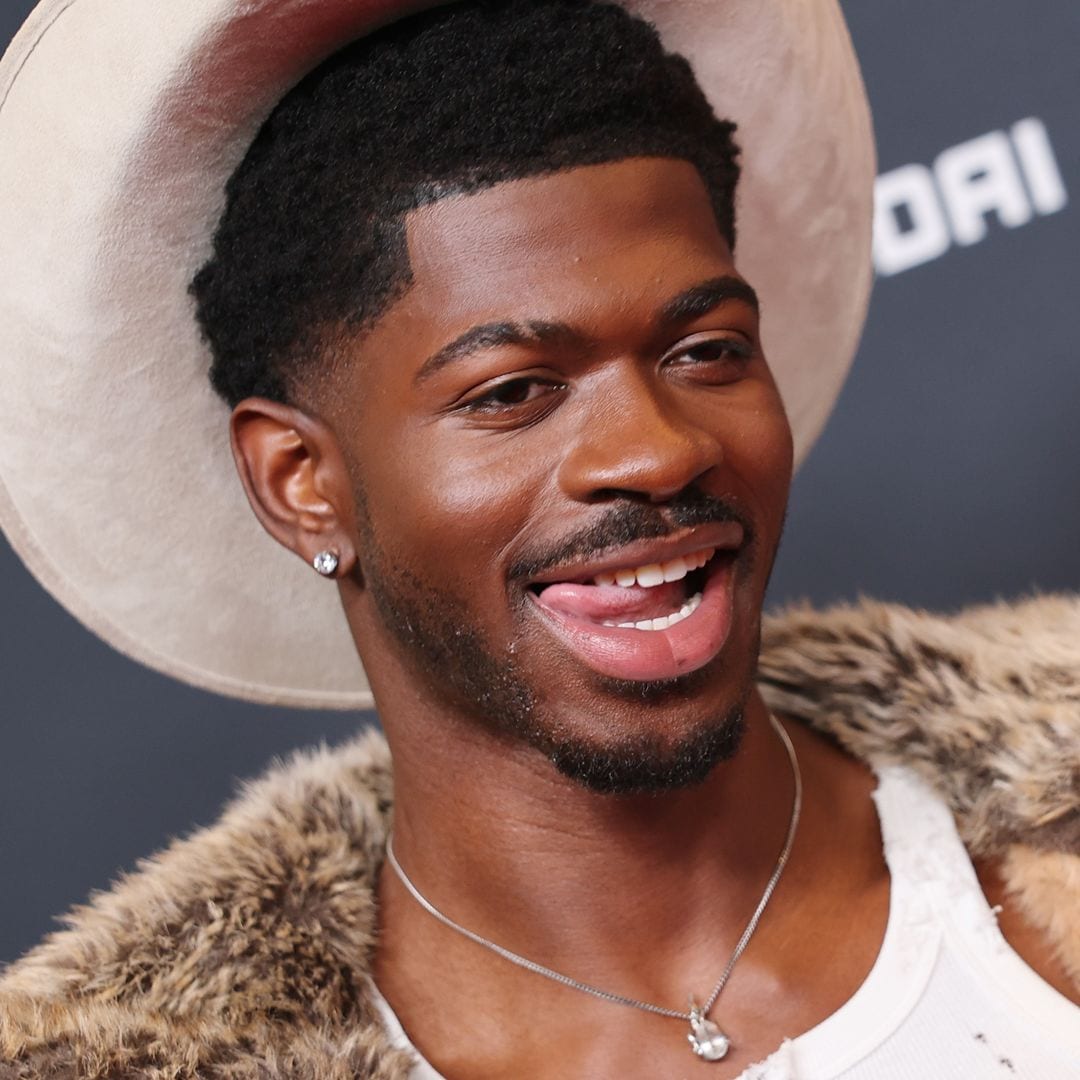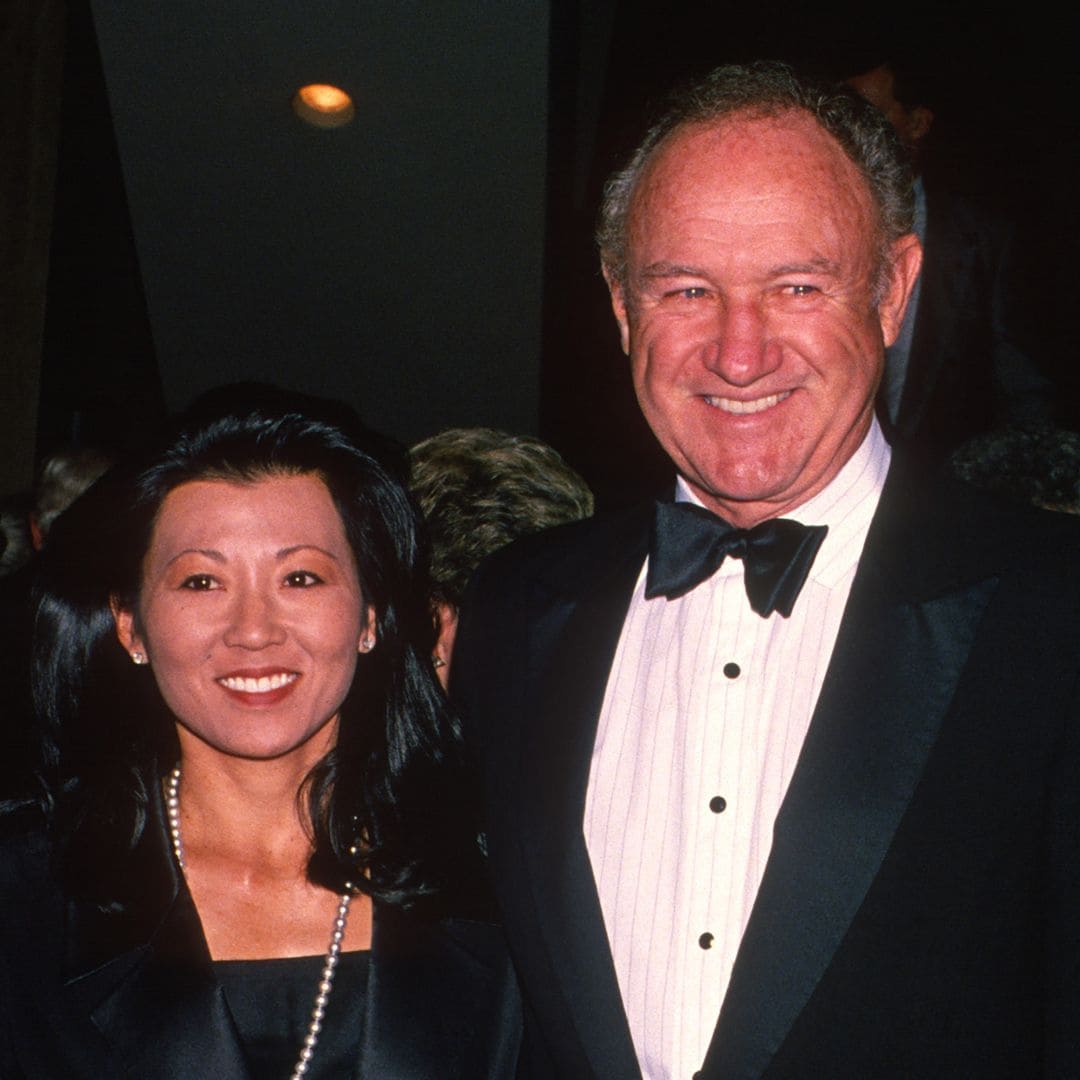The battle is over, and Sofía Vergara can finally put his ex-fiancé, Nick Loeb, in the past. The Colombian actress received a permanent injunction by a Los Angeles Superior Court judge that bans Loeb from bringing the unborn offsprings to term without Vergara’s “explicit written consent.”
As reported by Page Six, Loeb breached a contract he had with the actress after setting up a trust for the embryos and sued for custody in Louisiana. The businessman cannot “unilaterally asserting any claim(s) by or on behalf of the Embryos to seek relief for the purpose of unilaterally bringing the Embryos to term without Vergara’s consent,” Judge Rafael Ongkeko wrote.
Although Sofía Vergara and Nick Loeb parted ways in 2014, the 45-year-old entrepreneur decided to launch a legal battle to take absolute control over the two frozen embryos they have stored after a 2013 IVF treatment.
Loeb named the embryos and asked to bring them to term. His attorney, Jalesia McQueen, told Page Six that his client would appeal to the Louisiana Supreme Court; however, Vergara’s legal team filed papers to block the attorney’s intent to represent him in Louisiana.
In 2015, Nick Loeb wrote an Op-Ed for The New York Times, saying the “frozen embryos have a right to live.” In the letter, Loeb detailed how he and Vergara planned to become parents and even revealed that during the first attempt, they lose the baby. “In 2013, Sofía and I agreed to try to use in vitro fertilization and a surrogate to have children. We signed a form stating that any embryos created through the process could be brought to term only with both parties’ consent. The form did not specify — as California law requires — what would happen if we separated,” he wrote.
“When we got engaged, in 2012, I began to push for children. As I said in my complaint, my fiancée insisted that we use a surrogate. With her eggs and my sperm, we created two female embryos,” he explained. “I was so excited once the lives were created that I began to suggest names we could call our girls. The first embryo we implanted didn’t take. The second time, the surrogate miscarried, and I felt crushed.
A year later, we tried again, creating two more embryos, both female. But as we began to discuss other potential surrogates, it became clear once more that parenthood was much less urgent for her than it was for me.”
According to Loeb, although he and Vergara were in a relationship for over four years, for her, having more kids seemed not to be a priority. “As I was coming on 40, I gave her an ultimatum. When she refused, we split up,” he wrote.
“A few months later, I asked her to let me have the embryos, offering to pay for all expenses to carry our girls to term and raise them. If she did not wish to share custody, I would take on full parenting responsibilities and agree to have her declared an egg donor,” Loeb said, adding that the Colombian refused his offer. “Her lawyer, Fred Silberberg, has told reporters that she wants to keep the embryos ‘frozen indefinitely.’ In my view, keeping them frozen forever is tantamount to killing them.”
“I take the responsibility and obligation of being a parent very seriously. This is not just about saving lives; it is also about being pro-parent,” he concluded.
,type=downsize)
